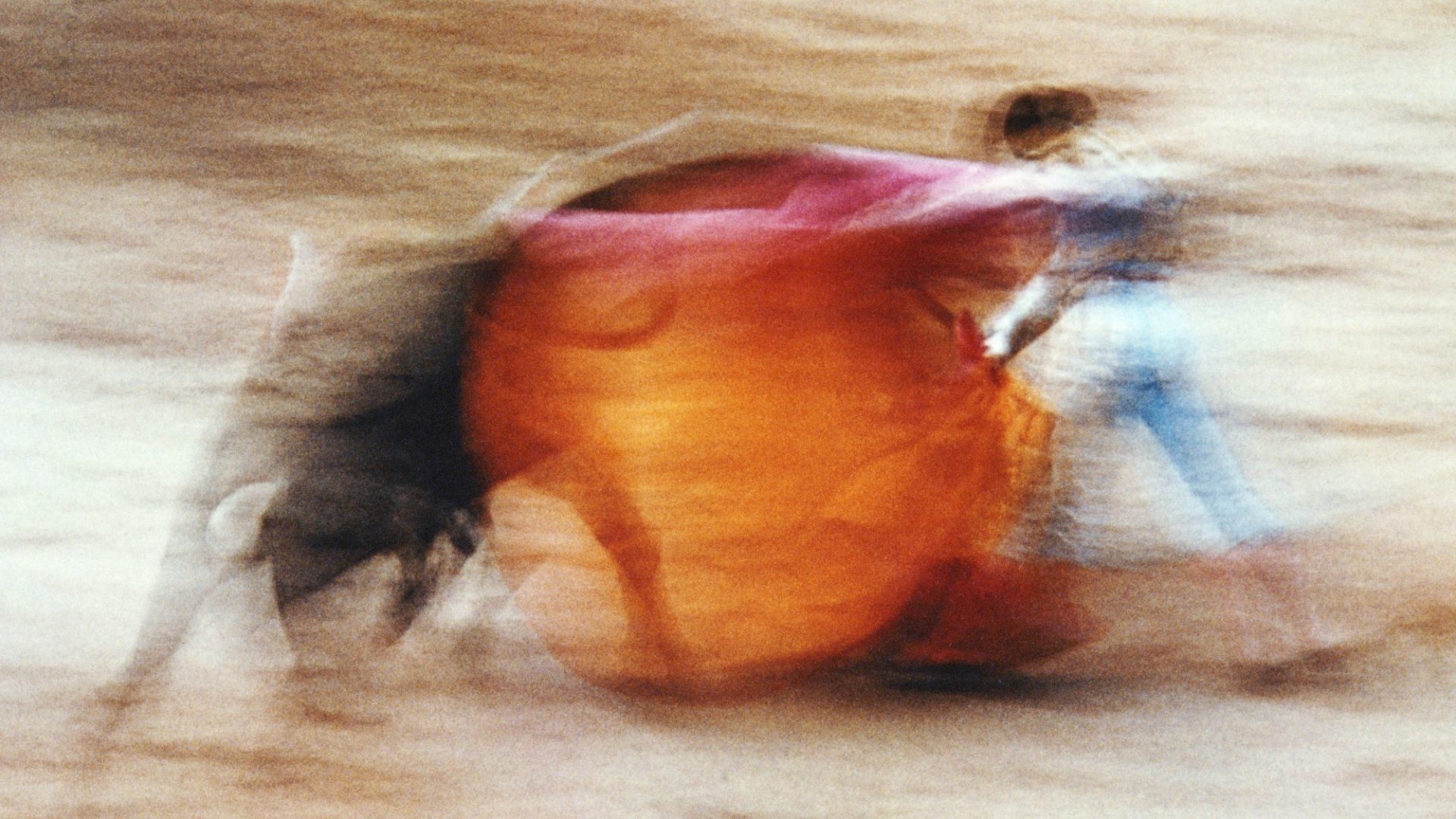Ukraine is running out of friendly neighbours. The latest problem for Volodymyr Zelensky is Slovakia, after Peter Pellegrini was declared the winner of the country’s presidential election last weekend.
Pellegrini is a close ally of the prime minister, Robert Fico, who took power in parliamentary elections last September. Fico and his party are relatively pro-Russia, and therefore Ukraine-sceptic. And they have policies that many fear could threaten Slovakia’s democracy – including legislation aiming to take control of the country’s public media.
One of Fico’s earliest moves when he took office last year was halting all arms sales to Ukraine, which was messaged as a “pro-peace” decision. He and his Smer-SD party won after a no-confidence vote in the previous, pro-Kyiv, centrist administration – related to a corruption scandal, rather than Ukraine policy.
Slovakia’s president wields far less power than its PM, but having an ally in the post gives Fico more control over state institutions, including judicial appointments. The president is also responsible for signing international treaties.
The previous president, Zuzana Čaputová – the country’s first female president – was a staunch supporter of Ukraine, as was its former prime minister. Čaputová had announced last year that she would not seek a second term for “personal reasons”. She had been subject to serious death threats, and said part of her decision was out of consideration for her family.
Ukraine is not especially reliant on Slovakia for military or other aid, but Pellegrini’s win could add to Zelensky’s mounting troubles in sustaining the financial and military support he needs from the European Union.
Slovakia is a member of both Nato and the EU, and so the EU bloc – which requires unanimity on many decisions – now has another populist-led country with which to contend. Until now, Viktor Orbán’s Hungary has generally stood alone in delaying or watering down aid to Ukraine, but Giorgia Meloni in Italy, and now Fico in Slovakia may also throw spanners into the works.
In practice, the EU Council in general and Ursula von der Leyen in particular have generally managed to wield a mixture of pressure and payoffs to get Hungary and other potential dissenters onside.
Von der Leyen is currently campaigning for a second term as president of the European Commission, and at least one seasoned council-watcher observed that she seems to be carefully positioning herself as not actively friendly towards the EU’s populist leaders, but also not hostile to them.
In essence, it appears as if von der Leyen is implying that should she keep the presidency then the mixture of payment and pressure towards countries that may block EU efforts to help Ukraine will be more generous under her than her opponent – to an extent, she appears to be willing to pay off her opponents.
Should Slovakia’s new administration prove as populist as its critics fear – subverting the courts, prison system and public media – the new government will create longer-term trouble for the European Union, even if it is able to continue supporting Ukraine.
The EU is, after all, supposed to be made up of functional democracies with protection for human rights, the rule of law and for minorities.
Hungary can no longer reasonably be said to meet many of these criteria, given Orban’s populist rule. But trying to force member countries to continue to uphold those standards is, in practice, all but impossible. There are Article 7 procedures agreed in 1997 that allow the EU to first require a member nation to reform, and then allow for the imposition of sanctions should they fail to comply, but these have never been used in practice.
The EU Commission has on several occasions sabre-rattled against Hungary, but has managed to do nothing to curb Orbán’s populist, anti-democratic tendencies.
Having populist governments in Slovakia and Italy, too, compounds the risk that the EU’s nations start looking less and less similar to one another. What is supposed to be a union of 27 democratic nations is struggling while it is 26 largely functional democracies and one democracy in name only. Should it become 20-something of the former and several of the latter, faultlines will inevitably widen.
It is still early: just because a new government has populist tendencies does not mean they will manage to enact them. Orbán tried and failed to degrade Hungary’s institutions the first time he was its leader – only to get voted back in years later and have more success. Similarly, the USA’s institutions survived a term of Donald Trump largely intact, though few hold out much hope for them should he get a second chance.
Fico has been prime minister of Slovakia twice before, and while he has been a source of headaches for the administrators of the EU, it has been nothing they couldn’t manage – but tensions with Russia during those periods were at a much lower ebb.
Slovakia’s presidential election was not primarily fought over either European relations or Ukraine, but it could have ramifications for both that last for years. Should von der Leyen succeed in securing a second term, she may find it even more difficult than her first, and Zelensky’s war looks like getting ever tougher.




